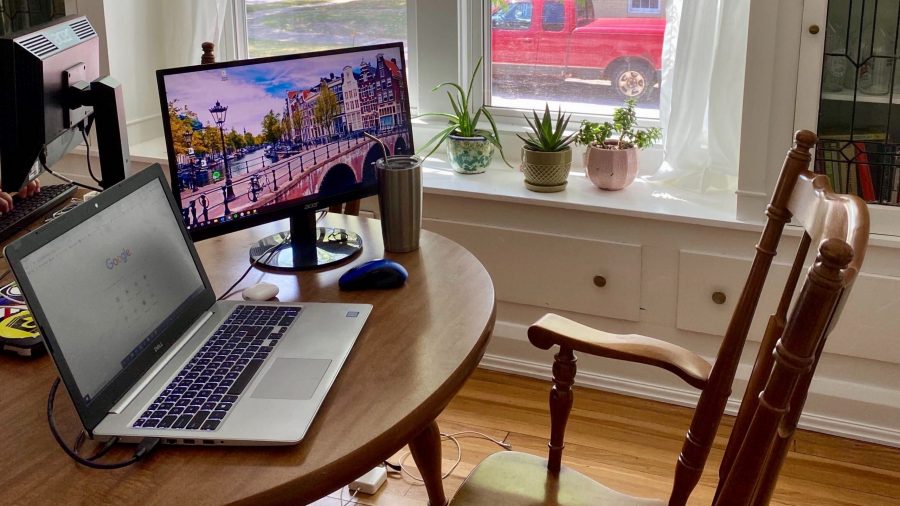To most people, conference calling belongs in offices and meeting rooms. But holding a meeting over the phone can be useful in many walks of life, and one area that conference calls are being utilised is in the world of sports. In essence this is because sport involves team work. Even solo sports require a team working in the background, and good team relations and clear understanding between all members are the essential building blocks of a sporting win. But conference calls can also help sports teams to communicate with the public.
Team Communication
Holding a regular conference call can be a great way to make sure that everybody is kept on the same page. You might choose to arrange the calls to take place after every training session, to go over what needs to be practiced, changed or addressed before the next meeting. If anybody was unable to attend, this can also offer a great opportunity to bring them up to speed.
Creating an easy, pressure-free communication space, which athletes can access from the comfortable environments of their own homes can be an efficient way to ensure any issues or concerns are out in the open. This can offer a great deal of relief to anybody who might have felt they were the only ones with these worries, and help to create solutions that work for everybody.
Pep Talks and Post Event Analysis
If you take sport seriously you probably should be analysing your performances. Holding teleconferences before and after events can be a really good routine. But even before hand, conferencing can be a real practical tool – so you can get the basics such as making sure everybody knows the location and how to get there, the right time to arrive, what they need to take with them and so on. But much more than that, it can be the boost in morale which makes all the difference to the team’s performance and the individuals’ attitudes. Going over tactics, reassuring one another, it can all make a huge difference when it comes to the event itself, and a conference call is a great way to do it.
Holding a discussion after the excitement of the direct aftermath of the event tends to be very useful too. It allows people to have had time to think slightly more objectively about what happened during the match, tournament, etc., and to have had a chance to relax from the rush of adrenaline. After celebrating or commiserating with their team, friends, and family, athletes can come together with coaches, each from their respective home, and talk openly about why things went the way they did. It gives you a chance to establish what exactly went right, and what exactly went wrong, what to change and what to keep doing. If things didn’t turn out quite as you hoped, it can also be an absolutely crucial time to make sure that everybody stays on board and doesn’t lose heart or give up hope. Keep the relationships between athletes positive, and address any accusations of blame or guilt that may be forming in people’s minds.
Keeping in Touch
What’s more, most sports tend to be fields which often require a great deal of travel, moving around from different competitions, tournaments, games and so on. But staying in contact with your basecamp can be really essential to keeping high morale and confidence. It can be a great comfort to call in to chat with the rest of your team, including coaches, helpers, nutritionists – anybody who helps make you better! You will also, of course, want to get in touch quickly after the event to let them know how it all went and talk about what happens next.
International Officials
Sports tend to be a universal pursuit, with huge amounts of varied cultures all training in similar fields. This is, of course, one of the societal strengths of sports, bringing people and cultures closer together over shared interests. It also means that, in the name of equality, countries have their own officials, coaches and so on. Organising sporting events, managing and creating regulations, judging awards – all aspects of sporting require clear and honest communication between the people in charge, all across the globe.
Why Conference Calling?
With the vast amount of communications services available in our modern world, what is it specifically about conference calls that lends itself so way to sports? One important feature of the teleconference is its universality: all you need is access to any sort of phone, be it a mobile, a desk phone, a payphone, a landline, anything you like. It’s really simple to use: just provide every participant with the conference room number and access PIN, and tell them what time to dial in, and everybody will be together, ready to chat.
Another attraction is perhaps the ability to control and enhance conference call security. This can be really important around competitive events, to make sure that tactics aren’t leaked or weaknesses revealed.
The ability to record the call, too, makes it excellent for anybody who is in any form of training. It means that you can go back over instructions as many times as you need, so that every time you might be doing a private practice, you can listen again to the advice your teammates and coaches have given you, improving your performance.
The vocal nature of teleconferencing is absolutely crucial; it bridges the gap created by the written mode, making misunderstandings and confusion much less likely. This becomes particularly important in sporting, as words of encouragement, motivation and so on depend so strongly upon vocal cues and enthusiasm of voice, things that are lost via email and text. The ability to literally speak means that conference calls create the opportunity for honest and clear discussion, with everything explained fully and plainly, and the chance for interaction and questions.
Being able to conference call for free as a sports person is real bonus, and the fact that some companies offer genuinely free teleconferencing can benefit sports professionals and amateurs alike.




